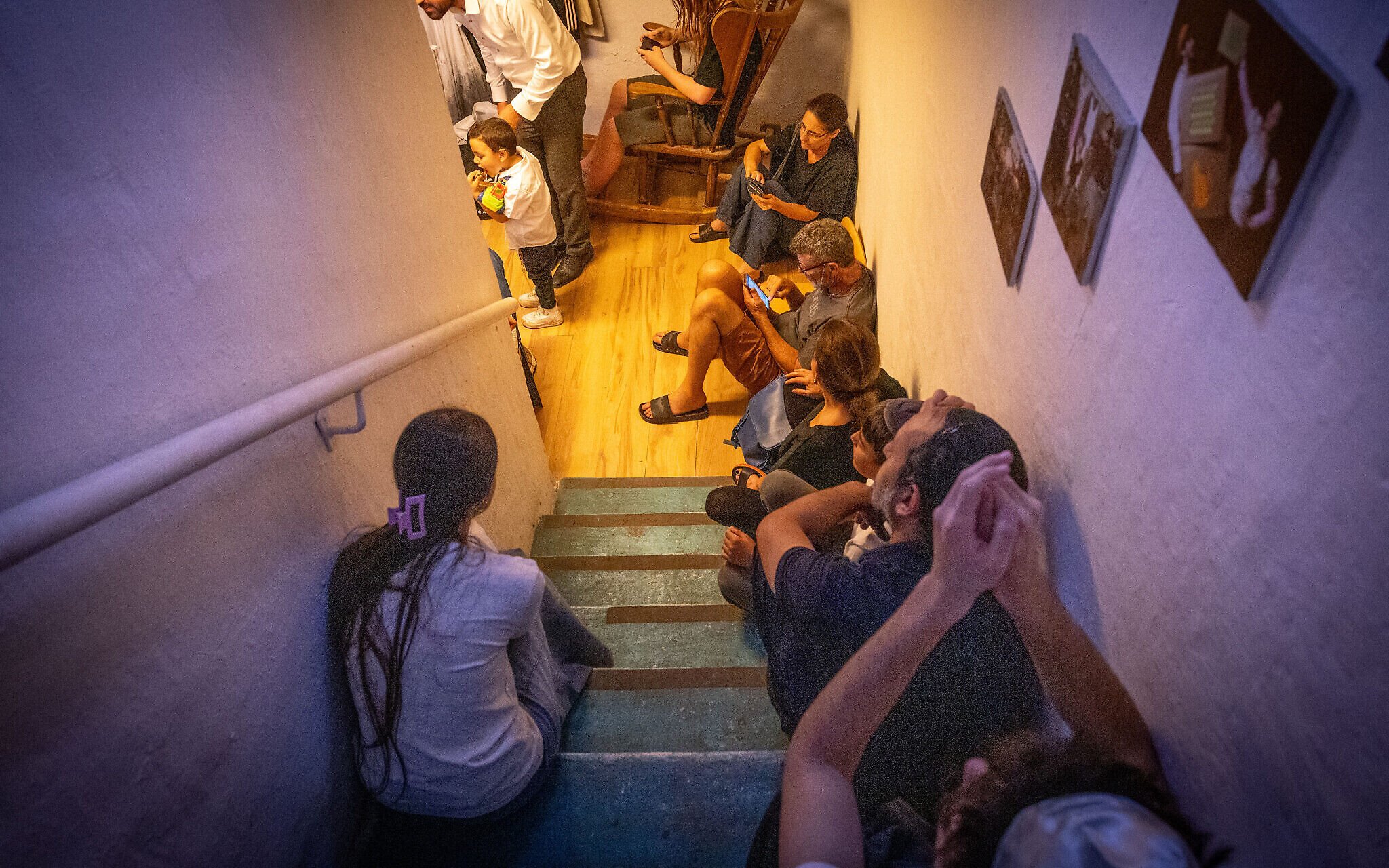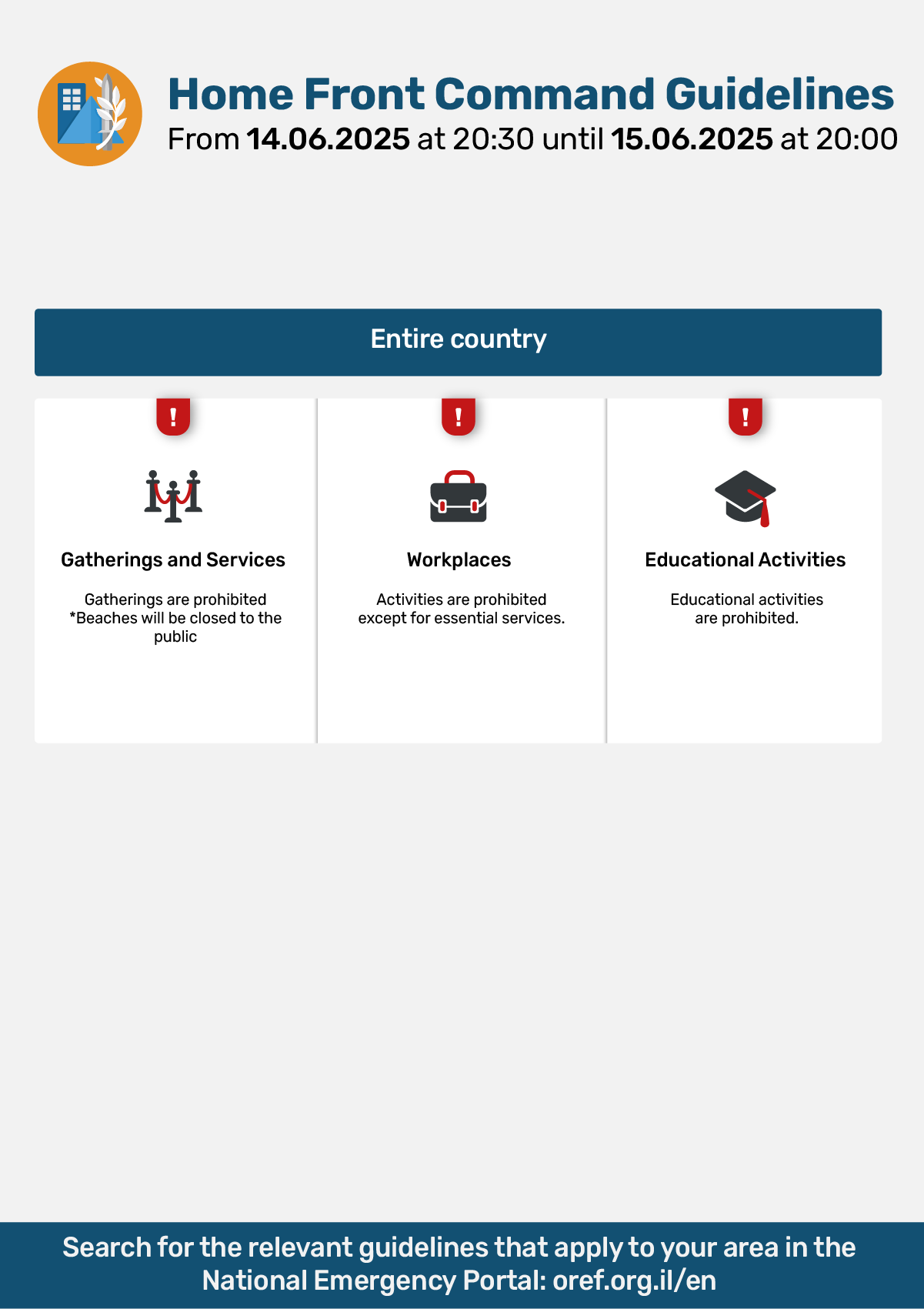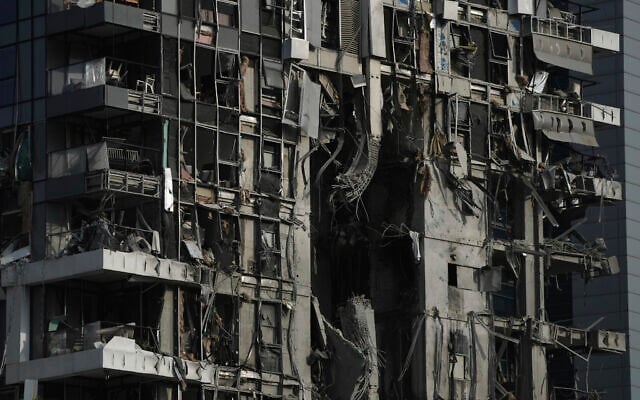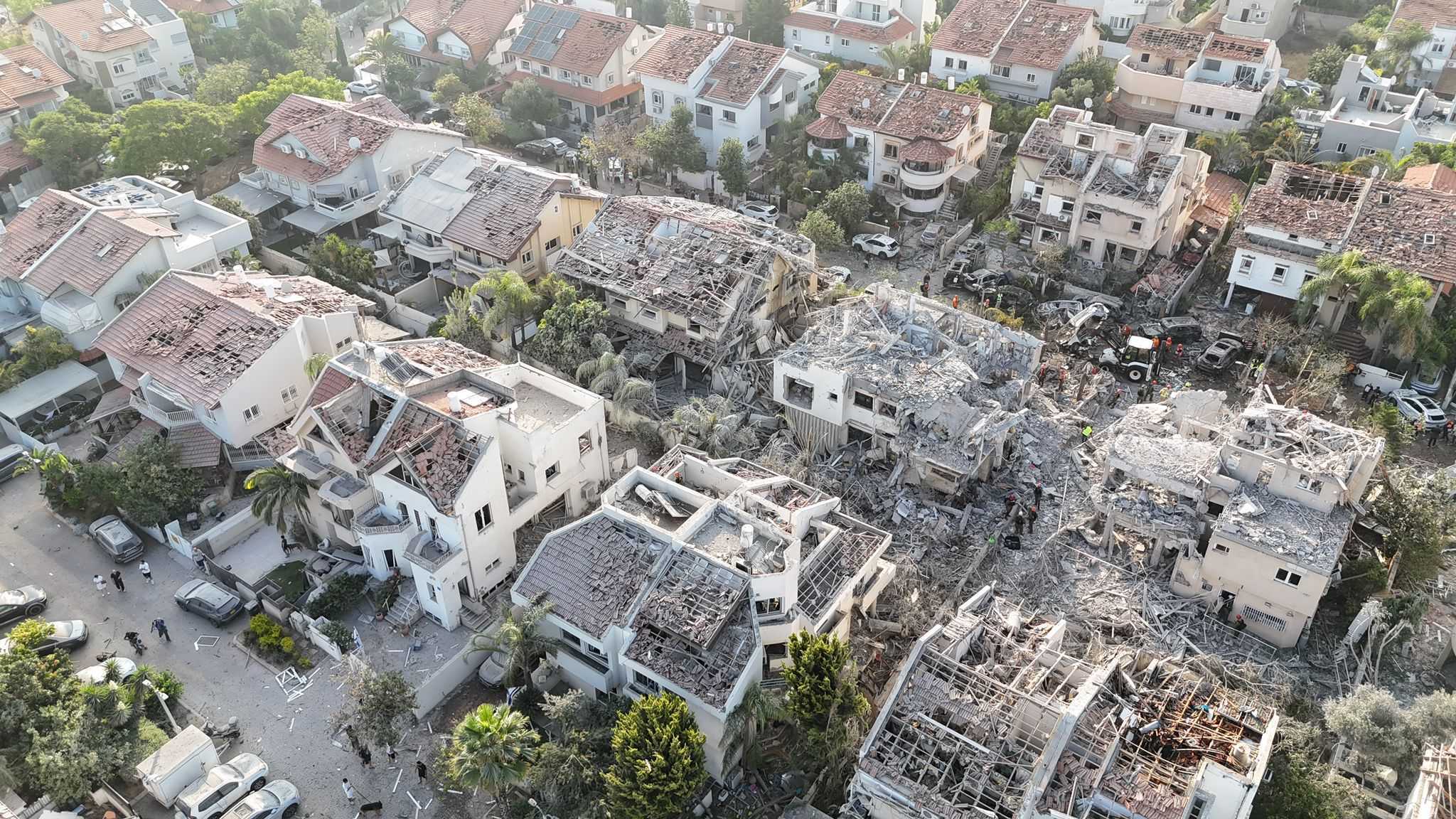



The Israel Defense Forces’ Home Front Command announced on Saturday that it was starting to provide a warning to Israelis’ phones some 15-30 minutes before expected ballistic missile attacks from Iran, to allow people adequate time to reach bomb shelters.
The early warning is issued via the Home Front Command app, instructing civilians to ensure they are near bomb shelters. This should assist those without bomb safe rooms in their homes to head for public shelters in time, military officials said.
Though ballistic missiles generally take some 10 minutes to fly from Iran to Israel once launched, the IDF can usually identify a barrage is coming some minutes before that, based on Iranian military preparations for a salvo.
Once the actual launch is detected, Home Front Command will give an early warning both on its app and using the cell broadcast system to instruct civilians to enter bomb shelters, as it has done since Friday. This would give civilians some 10 minutes to get to shelter.
Sirens will sound some 90 seconds before missiles are expected to impact. Once sirens sound, civilians must immediately enter bomb shelters and remain there until an all-clear is given.
On Friday night, as Iran prepared the first of several ballistic missile barrages, the Home Front Command instructed civilians to remain close to bomb shelters. It only lifted the guideline on Saturday afternoon.
Once a barrage is believed to be over, the Home Front Command said it would issue an update allowing civilians to leave the bomb shelters and not have to remain close to them. The process would repeat from the beginning if another attack is expected.
Home Front Command also stressed that underground parking lots are not considered bomb shelters unless designated as such.
In a separate announcement, Home Front Command said that, following a fresh assessment, there were no changes to the guidelines for civilians, meaning all gatherings are prohibited, schools will not open on Sunday, and workplaces will also remain closed, apart from those deemed critical (including shops serving basic needs).
The guidelines remain in effect until Sunday night, when the Home Front Command will conduct another assessment.
After analyzing the major Iranian ballistic missile impacts in civilian areas on Friday and Saturday, the Home Front Command determined that people who were in bomb shelters were largely unharmed.
Some 200 missiles were fired by Iran at Israel in four main waves. The IDF said that 50 were not intercepted “according to protocol” as they were identified as heading for open areas, and a “small number” breached air defenses.
Missile strikes in Tel Aviv, Ramat Gan, and Rishon Lezion in central Israel killed three civilians and wounded some 80. Seven soldiers were also lightly wounded by one impact in central Israel.
Those killed were not in shelters at the time their homes were hit.
Home Front Command said that in the case of a high-rise tower in Tel Aviv, the missile struck the 9th floor, destroying several apartments, but the bomb safe rooms sustained the impact, and hundreds of civilians were unharmed or only lightly hurt.
In Ramat Gan, a relatively old home without a bomb safe room was directly hit by a missile. However, those who entered a basement under the building were unharmed.
Home Front Command called on civilians to head for the safest place possible amid Iran’s missile attacks.
The missiles carry warheads of hundreds of kilograms of explosives and are considered to be a much greater threat than the drones launched by Iran, which are mostly intercepted before reaching Israel.
Meanwhile, the Home Front Command said it called up its entire reserve personnel, with tens of thousands of troops deployed across the country, ready to respond to missile impacts.
The IDF also noted that an early warning was not issued ahead of one of Iran’s ballistic missile barrages early Saturday morning due to a “technical malfunction,” but that the matter was investigated and resolved.
The malfunction occurred during the barrage that resulted in the deadly impact in Rishon Letzion. The early warning was not sent to Israelis in the area, but was issued to those in the country’s north and south, according to the Home Front Command. Sirens still sounded normally during the attack, affording residents some 90 seconds to get to shelter.



